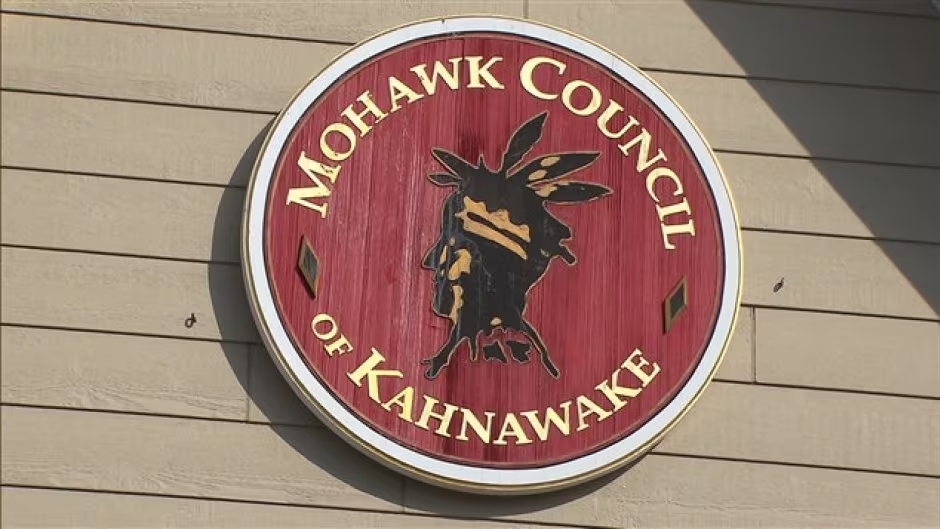If you’ve been following our blog, you may have come across our on-site reporting of February’s landmark hearing between the Mohawk Council of Kahnawà:ke (“MCK”), iGaming Ontario (“iGO”), and the Attorney General of Ontario regarding the legality of Ontario’s Internet gambling scheme launched in 2022 (the “iGaming Scheme”).
Certain forms of gambling, such as lotteries and games of chance, are criminalized under the Canadian Criminal Code (the “Code”) unless they are conducted and managed by provincial governments. As such, the Alcohol and Gaming Commission of Ontario (“AGCO”) established the iGaming Scheme to allow its subsidiary, iGO, to conduct and manage online lottery schemes in accordance with the Code. Shortly thereafter, MCK challenged the constitutionality of the iGaming Scheme, arguing that private operators of gaming websites were being allowed to conduct and manage lottery schemes in Ontario, a power that should remain under the province’s control. MCK’s position was that the iGaming Scheme is a disguised licensing scheme that transfers the power to conduct and manage internet gambling to private operators in Ontario.
On May 13, 2024, Justice L. Brownstone’s released her ruling. Here are our key takeaways:
Legislative History
The Court delivered a detailed run-through of Canada’s legislative history of the Code’s provisions dating back to the first gaming prohibitions in the late 19th century. The Court explained how different amendments to the Code eased gaming restrictions towards liberalization, as the federal control over gaming was transferred to the provinces to conduct and manage lotteries and games of chance after decades of “turmoil and litigation”.
Operation Agreements
Justice Brownstone determined that the Gaming Control Act requires registered operators to abide by the AGCO’s standards and requirements. As such, private operators must enter into a non-negotiable pre-defined contractual relationship with iGO, through which, according to the evidence provided, operators act as iGO’s agents since it is iGO who makes and reserves all of the material decisions. Furthermore, operators are bound both by operation agreements and iGO’s pre-approved policies, reinforcing the fact that iGO controls the entirety of the iGaming Scheme.
The Grammatical and Ordinary Meaning of “Conduct and Manage”
Both parties submitted different grammatical and ordinary meanings to “conduct and manage”. MCK cited that “conduct” means “to manage, lead, have direction, carry on, regulate, do business”, while “manage” is “to control and direct, to administer, to take charge; to conduct, to carry on concerns of a business or establishment”. iGO stated that “conduct” and “manage” refer to “high-level oversight”, to “direct or take part in the operation of management” and to “lead from a position of command” much like an orchestra’s director. Notwithstanding, the Court decided that these definitions weren’t helpful on their own, as they could overlap and simultaneously mean what each party was trying to prove.
The Proper Interpretation of “Conduct and Manage”
The Court found that conducting and managing has a broad interpretation. It means, among many other things, exerting a sufficient level of direction and control to maintain its position as the “operating mind” of the scheme. Consequently, “conduct and manage” is necessarily more than distant overseeing. While Justice Brownstone agreed with iGO on the fact that the province does not need to be involved in the iGaming Scheme to a granular level, it does need to be “far more than a ‘hands-off’ licensor”.
Moreover, evidence proved that operators cannot be “their own masters” for many reasons: they cannot decide which games are eligible, they are not free to determine their own advertising methods or materials, they must adhere to requirements related to responsible gambling, good governance, game integrity, and player awareness, only to name a few.
Conclusion
Ultimately, all these considerations led the Court to decide that iGO’s controls are sufficient, and the fact that iGO retains all the decision-making power makes iGO the operating mind that conducts and manages the iGaming Scheme, not private operators.
iGO quickly welcomed and embraced the decision of the Ontario Superior Court on their website, stating “we have always been confident in our model and are pleased that the court has ruled in our favour, and that Ontarians can continue to play with confidence in our regulated igaming market”.
iGO will continue to conduct and manage the iGaming Scheme just as it has since its launch, at least for now.




